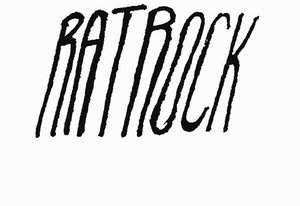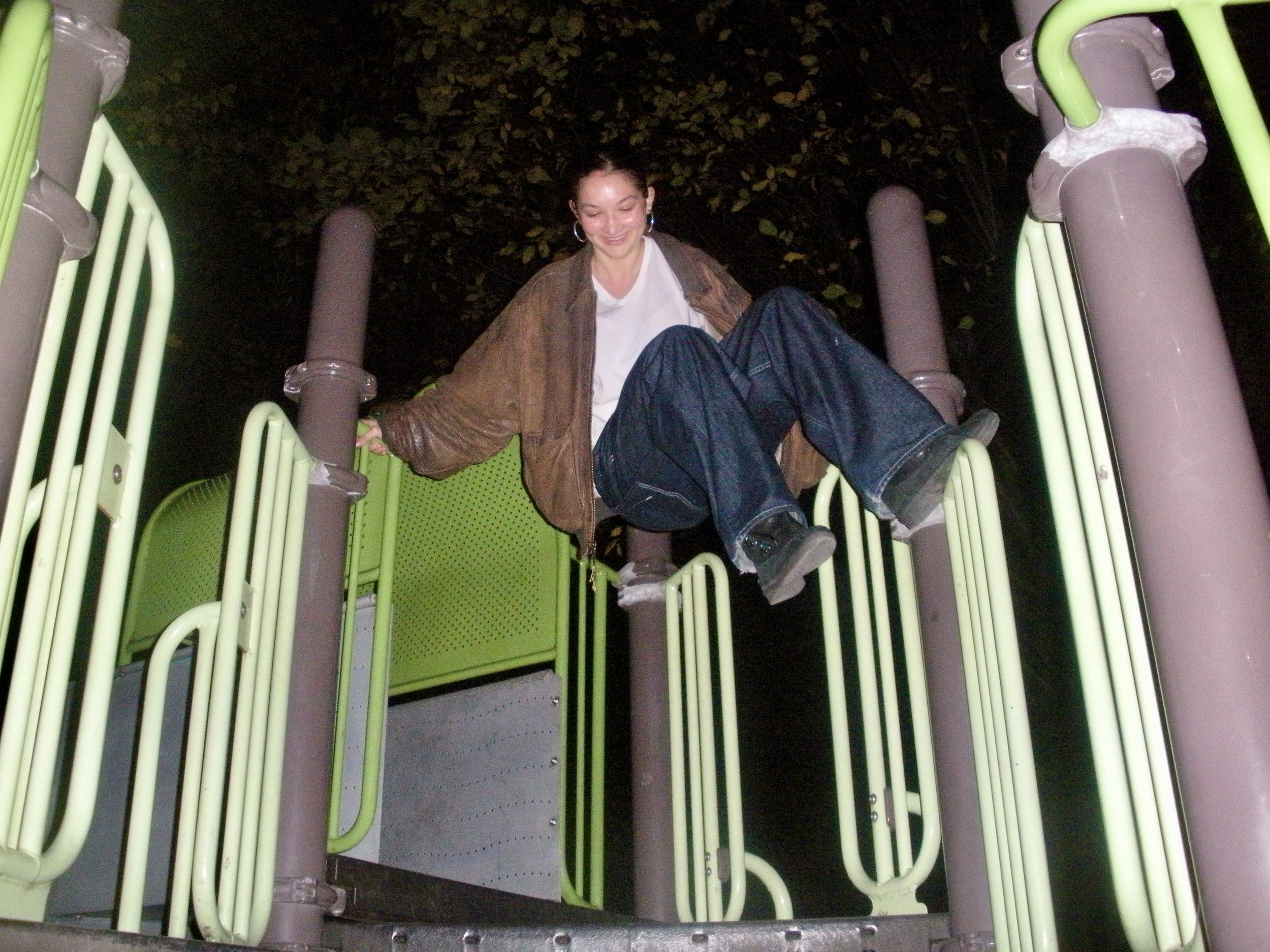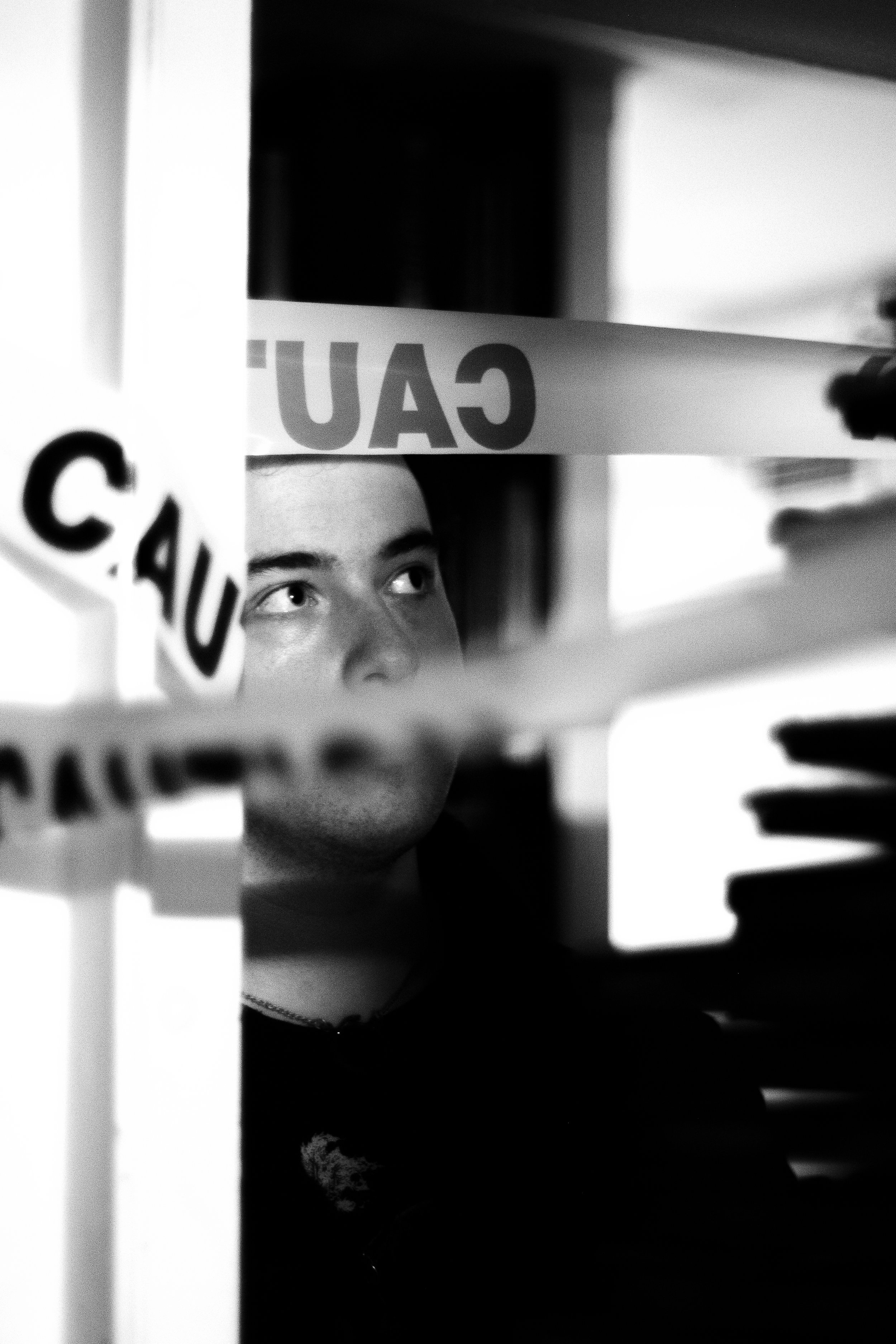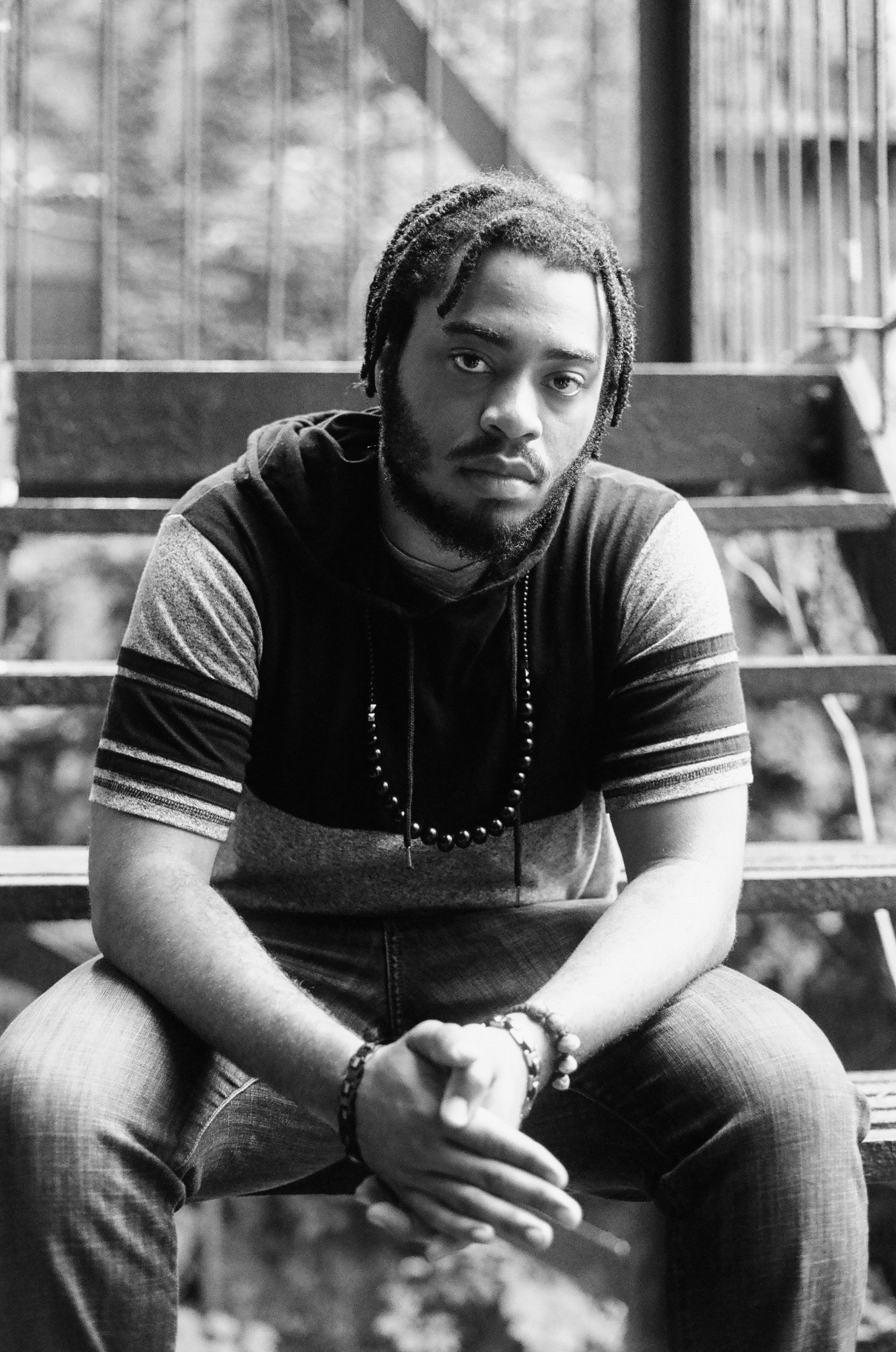Photography by Emma Noelle
Interview by Ali Saadeddine
ALI: My favorite work of yours is your first. I thought “Sole-r System” was extremely identifiable. What I’m interested in is the ways in which you consider yourself to be this in this system of your own?
SHANGA: Ah okay… Well pretty much the whole poem. That whole poem is pretty much me. I wrote that poem as a junior in high school. The planet is me. Even now, in my rapping, I still refer to this idea of a “sole planet”—basically quoting the poem.
Interesting. Then, you take it in a completely different direction. You say something like “I wish we were lions”—animals that live together, and it’s interesting to see how your poem “Animals” comes directly after “Sole-r Planet”.
Well, look at you! See, I didn’t even think of that.
Haha, well I’m going to ask you the same question but in the context of this poem: in which way do you consider yourself as or want to see yourself become an animal?
Well, I wrote this poem July of last year, so I wrote it after Sterling and Castile were killed. It’s somewhat of a collective idea, so the lion I’m referring to is Cecil, the lion, the gorilla is referring to Harambe. Basically, when these animals are killed, everyone is pissed at the people who killed them and they’re offered more compassion than Sterling and Castile and people are going to continue to be demonized and want to find reasons for why someone or something is dead… I’m probably going off, but anyway.
On the contrary, I think the way you satirize human empathy is quite brilliant. The way you talk about it is like a stream of consciousness—just like the way the poem flows. You say people will “continue to be demonized”. Explain more about that.
Well, yeah I’m just referencing the collective effort that happened when Cecil and Harambe were killed; there’s a collective dimension. But, when it comes to Castile and Sterling, people began saying “Well, this guy did this and that and the third…”, things that are not even relevant to the issue at hand, like their past criminal records. To even reference the tragedy in Vegas, they looked at the guy who did it and they talked about how he didn’t have a criminal record. OK, granted. He might not have a criminal record, but he still did such a horrific, tragic thing.
Your poem is about “Animals” and yet it focuses on the issue of accountability which is an interesting paradox when you bring them together. I was really interested in the progression of your poems. What can you say about placing “Animals” at the forefront, facing “Sole-r System”, as if a direct commentary on it? There’s something to be said about their similarity, however, I think.
When I submit my work, at least the last three, those three, I think kind of fit together in a narrative; it’s not a hard narrative, since it’s just a portfolio folder. But, there’s something about “Sole-r System” and depression and being alone and depending on others for happiness.
You end your poem the same way you begin it: “An eternity before the darkness ends”. Is there some sort of transformation that goes on in this poem? I understand that your intent behind this is not to provide people with hope, but to give them the tough, dark truth. You equate life to darkness and I’m really interested in this particular equivalency. Is there life? Are we supposed to wait for it?
I can definitely say I’m in a better place than when I wrote this poem and I think it also fits into—you know, I talk about the winter solstice—there’s going to be seasons so it definitely feels like an eternity. I guess it’s a relative eternity. I mean look at the winter solstice, it’s dark as hell outside for most of the day, only a little light.
Wow, this idea of “relative eternity” certainly seems interesting. You talk about life as if it’s a constant flux of change.
Well yeah, in the moment it feels like eternity, you know, that crushing thing, so, at least for me, I can still relate to the poem, but it’s a new season for me, so to speak.
We’re talking about this idea of feeling alone, depression, even other themes that you explore in a lot of other poems. When you are writing these poems, who are you thinking about? Are you writing them for yourself? Is there a particular audience you’re shooting for? And what are you trying to tell them?
Well, in terms of “Sole-r Planet”, I had this feeling of catharsis and I needed to write and just sort of get my feelings out and provide an image to what I was feeling at the time but also I look at similes and metaphors as a way to build the bridge between my world and the world of your reader’s; they might not get it entirely, but to just help them feel and think. I don’t know, I guess the word would be microcosm? I don’t know.
You talk about catharsis. Your work does seem cathartic at times, as if recordings of past epiphanies you’ve had. You say, for example, that you are “locked in a staring contest with death, winning only accomplished by temporarily losing.” What experiences have you had that have shaped your perception of death and the way you write about it? (Because, I mean, you’re describing a tug-of-war with death—which seems like an extremely specific philosophy about death.)
Well, I just feel like being black in America, as we’ve seen in the media, if you’re a certain color, anything can ‘justify’ you being killed. I’m sorry what was the question? Oh yeah. Well, yeah. It’s always pulling and pushing.
Let’s go to “A Dream of My Ancestors”. You mesh this idea of your cultural identity and your identity as a writer. “My pen is my machete,” you write. How is writing empowering you to investigate your identity in a way that wouldn’t have otherwise been afforded to you?
Since I started writing, seventh or eighth grade, my first ‘big’ slam piece—big is in quotation marks because looking back I could’ve done a lot better but yeah—it was really introspective and talking about how I felt at that time, always feeling the need to kind of investigate myself and to try to characterize what I’m feeling. How is my pen my machete? My family comes from Haiti, and in the poem there’s an image of the unknown maroon and he has a conch shell—the call to rise—in one hand and a machete—the weapon—in the other. I guess my pen is my weapon more or less, in a figurative sense of course, just using it as a tool. I write as an emotional release, like in “Animals” and “Beacons of Liberation”, I write to fight, to challenge, to promote change and whatnot.
Yeah, you say that you’re blowing your conch shell and that that is a “call to rise”. What is this thing that you are rising to? What is the purpose of this poem specifically?
Well, I guess, oh damn, you’re making me think hard, huh! Well I guess just hoping that what I can do with poetry is change the way people think, you know forcing them to think differently about things, motivate people. In “Sole-r System”, if somebody can look to it for help? Beautiful. If somebody can look at “Beacons of Liberation”, and says we should do something? Beautiful.
You definitely talk about empathy for the people of your country in poems like “Beacons of Liberation”. Tell us a little about this cultural damage and how it carries through in your creative work.
I’ve been immersed in this activism and I can actually show you my Instagram page—I posted this poem on Instagram—so it’s been a part of me since as long as I can remember. It’s like a cloud. I wrote that after Hurricane Matthew last year because I felt moved, I felt I had to write something, because seeing all the mess imposed onto Haiti, and have this earthquake happen, and seeing people helpless, and to go there in 2014 and see the rubble still over the city and people still living in tents. This is just a repeat. Aid isn’t going to come.
In your last piece, you do show quite a bit of hope. You say “things in the dark will eventually come to the light,” which is a stark contrast to your first poem where the question appears unanswerable. In “Sole-r System”, it seems as though, when talking about yourself, you abandon all hope. But, in the poems succeeding it, especially “Beacons of Liberation”, when discussing an important issue to you, that is also external to you, you seem to have a lot of hope. Is there a tradeoff you think? That for one to be so hopeful of change in something, must abandon some hope elsewhere? Why are you even this hopeful that things are going to pick up for Haiti? Wouldn’t it be easier not to?
Challenging! Challenging! Challenging! In the first poem, I was speaking from that vantage point of hopelessness. I guess what makes me so confident about Haiti’s future is that we’ve done it before. I talk about the “ancestral beams”. I’m confident about my people; they’re a fighting people. I’m damn sure, and I’m part of that fight even so many miles away.



































